Coconut Milk Side Effects: 10 Health Risks To Know
Not to discourage vegans, but not all non-dairy milks are 100% safe to be consumed regularly.

Image: Midjourney/ StyleCraze Design Team
Coconut milk is not only a healthy nutritious substitute for regular milk but is also very flavorful. However, overdoing it may lead to certain possible side effects. With its typically rich creamy taste, coconut milk can add that subtle tropical flavor to many soups, gravies, and cocktails as well! Popularly used in Thai, Vietnamese, Indian, and other Asian and tropical cuisines, coconut milk is gaining popularity worldwide as a perfect vegan alternative to animal milk! Suitable for the wholesome paleo diet as well, coconut milk is an organic nutritious drink free of any harmful additives and preservatives! Moreover, it is power-packed with vital vitamins and important minerals! So, what should be the concern then? Read on to find out!
 Know The Flip Side: Coconut Milk
Know The Flip Side: Coconut MilkShort-Term Effects
Allergic reactions, weight gain, constipation, and fructose malabsorption.
Long-Term Effects
May increase saturated fat, cholesterol, sugar content and as a result, the risk of cardiovascular disease.
Drug Interactions
None.
When To See A Doctor
In case of excessive weight gain and digestive issues.
In This Article
Coconut Milk Side Effects
Despite the many coconut milk benefits, especially how it adds flavor to various dishes and is a healthy, vegan alternative to dairy milk alternative, it has several downsides. Consuming too much of it may adversely impact your health. Let’s have a look at some of the side effects of coconut milk:
1. Abundant Saturated Fat

This is one of the most alarming coconut milk side effects. These fats may induce high cholesterol in your body. As such, it increases the level of lipoproteinsi Complex materials made of proteins and fats that carry cholesterol through the blood to the cells and increase the risk of heart issues. that may be detrimental to health in the long term (1).
 Trivia
Trivia
2. Can Cause Allergies
If you have an allergy to tree nuts, this drink is certainly not meant for you. Coconut milk is recognized as a tree nut. And in some cases, it has been found that people allergic to tree nuts react badly to the fruit content in this milk. They might show symptoms like skin rashes, itching, swelling of tongue, or breathing difficulty. This is one of the most dangerous coconut milk effects as this can be life threatening in extreme cases (2).
Kimi Ann-Marie, a blogger, shared her experience about coconut allergy in her personal blog. She said,“Skin care products with coconut ingredients make my face burn either while it’s on or the day after. My skin also get bright red especially around eyes and cheeks. The rash typically lasts for a day or so. It feels as if my skin is burning off (i).”
 Did You Know?
Did You Know?3. Can Cause Weight Gain

‘Is coconut milk good for weight loss?’ is a popular question we get. With its high saturated fats and caloric content, coconut milk can certainly ruin your weight loss regimen. But, there is conflicting evidence regarding this claim. According to an animal study, a high-protein diet, along with coconut milk, may help in reducing weight gain (3). However, excessive usage of coconut milk in your daily diet may lead to weight gain.
4. May Lead To High Cholesterol
Is coconut milk bad for cholesterol? Those at the risk of high cholesterol and cardiovascular diseases should refrain from consuming too much coconut milk because of its saturated fat content (1). Jesse Feder, Clinical Dietitian at the Memorial Regional Hospital South, says, “It is important to note that coconut milk is high in fats and should be consumed in moderation. If consumed in excess, the high-fat content contributes to increased cholesterol levels, which can potentially clog your arteries and increase blood pressure.” But you need not abandon it. Just limit your intake to smaller servings!
5. May Cause Constipation

Due to high dietary fiber, coconut milk can cause digestive troubles like an upset stomach in some people. Normally unsweetened coconut milk carries 14-18% of our daily dietary fiber intake. This sudden increment may cause nausea, bloating, diarrhea or gas, if your body is not accustomed to that much fiber. So, avoid increasing its intake instantly!
6. Loaded With Sugar
Even if you consume unsweetened coconut milk, you are at the risk of absorbing a high amount of sugar. While unsweetened coconut has 2.1 gm sugar in 1 ounce serving, it moves higher to 10.4 gm in sweetened coconut. In both cases, it can make you obese with excessive intake. So, be alert!
Pallini Winnifred, RDN, says, “People with diabetes can consume coconut milk in moderation as part of a healthy, balanced diet. However, it is important for them to pay attention to their blood sugar levels and be mindful of their overall carbohydrate intake. Like any other food, coconut milk contains some carbohydrates, so it is important to account for these in your meal planning.”
Feder warns, “I would just watch out for coconut milk with added sugar or sweetened. Make sure to read the label to double-check it’s unsweetened.”
7. High In Calories
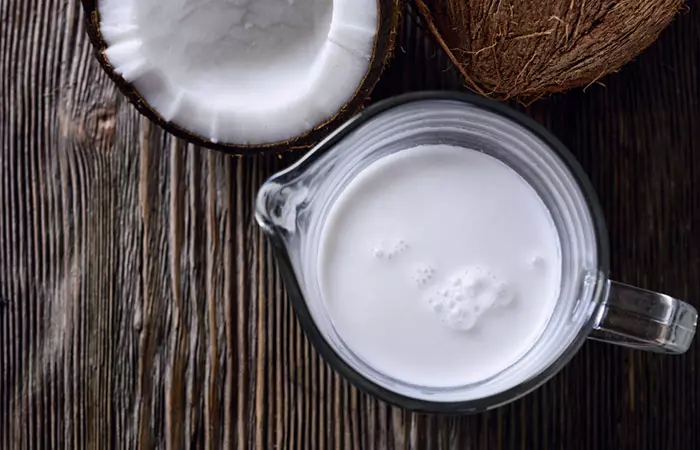
Coconut milk is high in saturated fats (4). In one cup of undiluted coconut milk, you can find 552 calories (5). It is nearly one third of the calories you need per day. So, including coconut milk in your daily diet may have a negative effect on your health.
8. Threatening Bisphenol – A (BPA)
While coconut milk has no direct connection with this chemical, canned milk certainly has. This compound is usually used in manufacturing the tins and cans in which it is stored. So, avoid using canned coconut milk. You should also read the label to buy brands that offer BPAi An industrial chemical used to make certain plastics and resins for food containers, which may increase the risk of cancer. -free containers.
9. Contains Guar Gum

Again, this is an issue related to canned coconut milk. As a polysaccharidei Most abundant and easily absorbed carbohydrates found in foods that are made of chains of many simple sugars. , guar gum is the endospermi Protective tissue around the embryo in the seeds of flowering plants that provides it with nourishment. of guar beans. As such, it has been closely related to digestive problems in many people. If you also suffer from any gut issue, remove canned coconut milk from your diet. Rather use homemade or guar gum free coconut milk.
10. May Cause Fructose Malabsorption
Due to its mono saccharides and polyolsi A group of organic sugar alcohols that are naturally found in some fruits and vegetables that may cause bloating and abdominal pain. , coconut milk increases the risk of irritable bowel disorders. It has sugar content, which probably leads to this disorder. Resultant to this fact, bacteria growth is propelled in the small intestine due to uneven transport of fructose to it.
While coconut milk offers various health benefits, certain individuals may need to avoid it due to specific health concerns. Scroll down to know the exact reasons.
Who Should Avoid Coconut Milk?
Although coconut milk is a healthy dairy alternative, some people should limit or avoid it. Due to its fermentable carbohydrates, coconut may cause bloating in persons with IBS, while those who are allergic to it may experience severe reactions (6), (7). It is also not recommended for people with heart problems because of its high saturated fat content, which may increase LDL cholesterol (8). Lastly, individuals watching their weight should avoid coconut milk as it is high in calories (5).
Note: People with diabetes should opt for unsweetened versions to avoid blood sugar spikes.
If you are not among those who need to avoid coconut milk, here is how to enjoy it safely.
How To Consume Coconut Milk Safely
Keep the following pointers in mind to ensure safe consumption of coconut milk:
- Choose coconut milk that is unsweetened, organic, or lightly processed to stay away from harmful ingredients and added sugars.
- Introduce coconut milk gradually into your diet if you have never used it before to monitor for any allergic reactions or digestive problems.
- Use coconut milk sparingly as it contains a lot of saturated fat, particularly if you have high cholesterol or heart disease.
- Opt for light coconut milk, which is a better option for managing weight due to its lower calorie and fat content.
- Use any leftover coconut milk within five days after refrigerating it in an airtight container to enjoy it at its best quality and avoid adverse reactions.
- Pair coconut milk with lean meats, healthy fats, and meals high in fiber for improved nutritional balance.
- Avoid brands with preservatives like guar gum, which may cause digestive discomfort.
Key Takeaways
- Weight gain and high cholesterol with increased risk of cardiovascular disease are problems related to too much coconut milk intake.
- It has high fiber content which can cause digestive issues like diarrhea.
- Those with tree nut allergies should avoid coconut milk as it could be dangerous.
- Too much coconut milk can also cause obesity and other health problems.
Infographic: Common Side Effects Of Coconut Milk
Is coconut milk good for you? Well, yes, Coconut milk is considered a highly nutritious substitute for regular milk. The intake of coconut milk is linked with many benefits if consumed in moderation. However, excess consumption may lead to several side effects. Click on the infographic below to learn about the unexpected side effects of drinking too much coconut milk.
Some thing wrong with infographic shortcode. please verify shortcode syntax
While coconut milk is a healthy, lactose-free, vegan alternative to whole cow milk, it does have some drawbacks. Overconsumption could lead to adverse health effects. The side effects of coconut milk include unwanted weight gain and an increased risk of cardiovascular problems. Furthermore, it may increase the risk of digestive problems like IBD or constipation. Those hypersensitive to nuts may experience allergic reactions to coconut milk due to its relationship with tree nuts. Those with such sensitivities should avoid this drink. Limiting or avoiding its consumption can prevent these possible unwanted effects.
Frequently Asked Questions
Can coconut milk cause joint pain?
There is no general consensus. Winnifred says, “There is some indication that coconut milk may indirectly provide relief for joint pain. In fact, coconut milk is a good source of healthy fats, including medium-chain triglycerides (MCTs), which may have anti-inflammatory effects.”
However, Feder reports, “Coconut milk can contribute to joint pain due to its high-fat content. Coconut milk is naturally high in fats and these fats are typically pro-inflammatory. Since this increases inflammation, this can inflame our joints, leading to joint pain.”
He adds, “However, if you are going to drink coconut milk, I recommend unsweetened or no added sugar coconut milk. This is because sugar is also pro-inflammatory and can increase or cause joint pain.” Thus, it is recommended to consume coconut milk in moderation.
Is coconut milk good for high blood pressure?
Winnifred says, “There is some evidence to suggest that coconut milk may be beneficial for blood pressure control. Coconut milk is a good source of MCTs, which have been shown to improve blood pressure in some studies. However, it is important to note that coconut milk is also high in saturated fat, so it should be consumed in moderation as part of a healthy, balanced diet.”
Is coconut milk inflammatory?
No. Coconut milk contains anti-inflammatory compounds (9).
How much coconut milk should you drink per day?
It is safe to drink a glass of low-fat coconut milk daily.
Is coconut milk healthy for pregnant women?
Anecdotal evidence suggests that the consumption of coconut milk can aid fetal growth due to the presence of essential fatty acids in it.
Illustration: Major Coconut Milk Side Effects
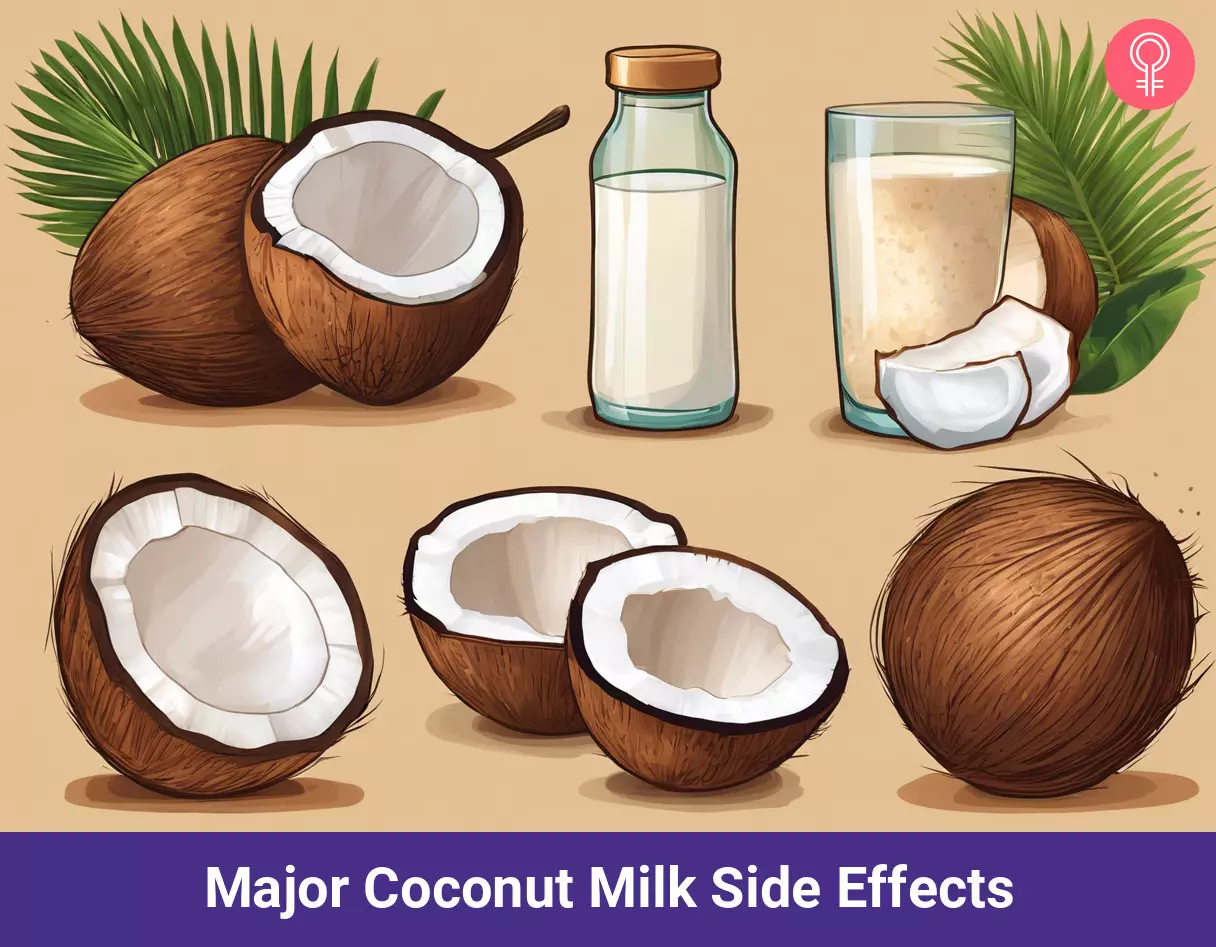
Image: Stable Diffusion/StyleCraze Design Team
Discover the incredible health benefits of coconut milk and uncover its potential side effects in this informative video. Is coconut milk truly good for you? Find out the truth and make informed choices about your health. Check out the video now!
Personal Experience: Source
StyleCraze's articles are interwoven with authentic personal narratives that provide depth and resonance to our content. Below are the sources of the personal accounts referenced in this article.
i. The Truth About Being Allergic to Coconutshttps://confessionsofaparentlessmother.wordpress.com/2019/03/18/the-truth-about-being-allergic-to-coconuts/
References
Articles on StyleCraze are backed by verified information from peer-reviewed and academic research papers, reputed organizations, research institutions, and medical associations to ensure accuracy and relevance. Read our editorial policy to learn more.
- Coconuts and Health: Different Chain Lengths of Saturated Fats Require Different Consideration
https://www.ncbi.nlm.nih.gov/pmc/articles/PMC7766932/ - Characterizing the Relationship Between Sesame Coconut and Nut Allergy in Children
https://www.ncbi.nlm.nih.gov/pmc/articles/PMC2987573/ - Effects of Consumption of Coconut and Cow’s Milk on the Metabolic Profile of Wistar Rats Fed a Hyperprotein Diet
https://pubmed.ncbi.nlm.nih.gov/32544020/ - Coconuts and Health: Different Chain Lengths of Saturated Fats Require Different Consideration
https://www.ncbi.nlm.nih.gov/pmc/articles/PMC7766932/ - Coconut milk used in cooking
https://fdc.nal.usda.gov/food-details/1100591/nutrients - Fermentable short chain carbohydrate (FODMAP) content of common plant-based foods and processed foods suitable for vegetarian- and vegan-based eating patterns
https://pubmed.ncbi.nlm.nih.gov/29473657/ - Fermentable Carbohydrates [FODMAPs] Exacerbate Functional Gastrointestinal Symptoms in Patients With Inflammatory Bowel Disease: A Randomised Double-blind Placebo-controlled Cross-over Re-challenge Trial
https://pubmed.ncbi.nlm.nih.gov/28525543/ - Saturated Fats and Health: A Reassessment and Proposal for Food-Based Recommendations: JACC State-of-the-Art Review
https://www.sciencedirect.com/science/article/pii/S0735109720356874 - Effect of coconut water and milk on heat stress-induced gastrointestinal tract dysmotility in rats: Role of oxidative stress and inflammatory response
https://pubmed.ncbi.nlm.nih.gov/35298033/ - Coconut allergy: Characteristics of reactions and diagnostic predictors in a pediatric tertiary care center
https://pubmed.ncbi.nlm.nih.gov/33548470/#:~:text=Although%20not%20statistically%20significant%2C%20there%20was%20a%20trendallergen%2FL%2C%20there%20is%20a%2095%25%20probability%20of%20reaction.
Read full bio of Tracy Tredoux
- Pallini Winnifred, RDN, serves over 200 clients in the NYC area. She has a bachelor's degree in Nutrition Science from Stony Brook University and two years of experience in nutrition counseling.
 Pallini Winnifred, RDN, serves over 200 clients in the NYC area. She has a bachelor's degree in Nutrition Science from Stony Brook University and two years of experience in nutrition counseling.
Pallini Winnifred, RDN, serves over 200 clients in the NYC area. She has a bachelor's degree in Nutrition Science from Stony Brook University and two years of experience in nutrition counseling. - Jesse Feder, RDN/LDN, is a Clinical Dietitian at the Memorial Regional Hospital. He is also a certified by the American College of Sports Medicine as a personal trainer (ACSM-CPT) and the National Strength and Conditioning Association as a Certified Strength and Conditioning Specialist (NSCA-CSCS).
 Jesse Feder, RDN/LDN, is a Clinical Dietitian at the Memorial Regional Hospital. He is also a certified by the American College of Sports Medicine as a personal trainer (ACSM-CPT) and the National Strength and Conditioning Association as a Certified Strength and Conditioning Specialist (NSCA-CSCS).
Jesse Feder, RDN/LDN, is a Clinical Dietitian at the Memorial Regional Hospital. He is also a certified by the American College of Sports Medicine as a personal trainer (ACSM-CPT) and the National Strength and Conditioning Association as a Certified Strength and Conditioning Specialist (NSCA-CSCS).
Read full bio of Tanya Choudhary
Read full bio of Ravi Teja Tadimalla
Read full bio of Moksha Gandhi






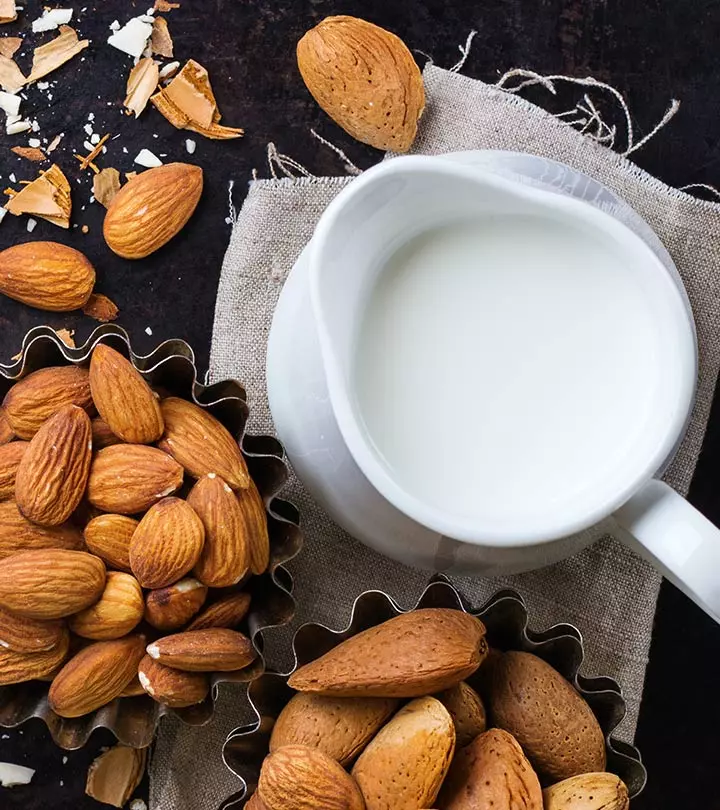

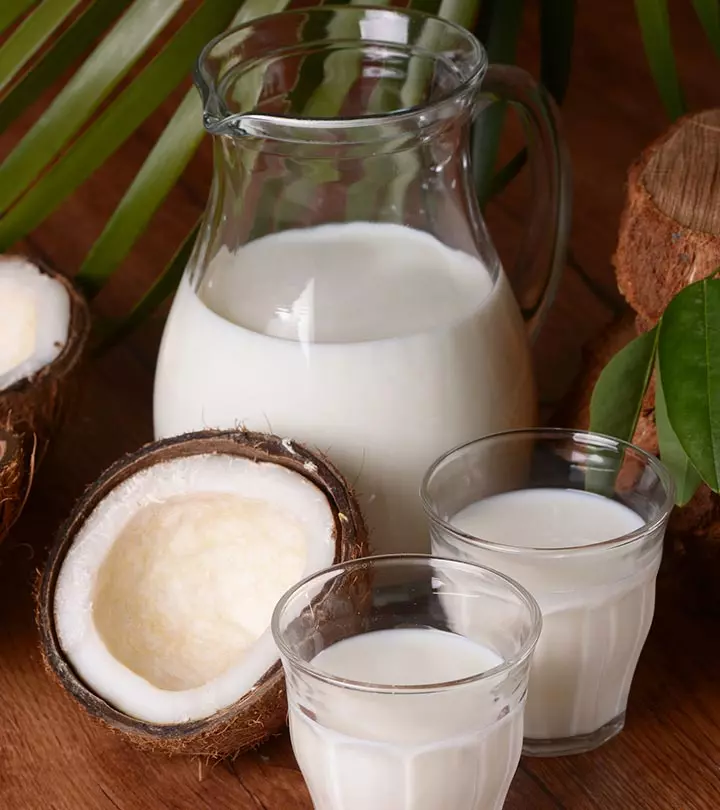




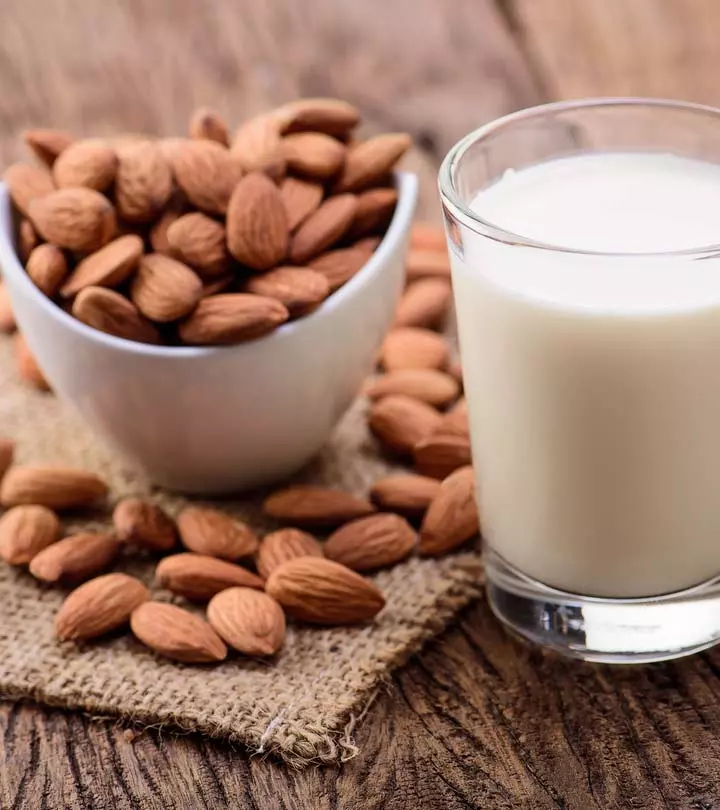

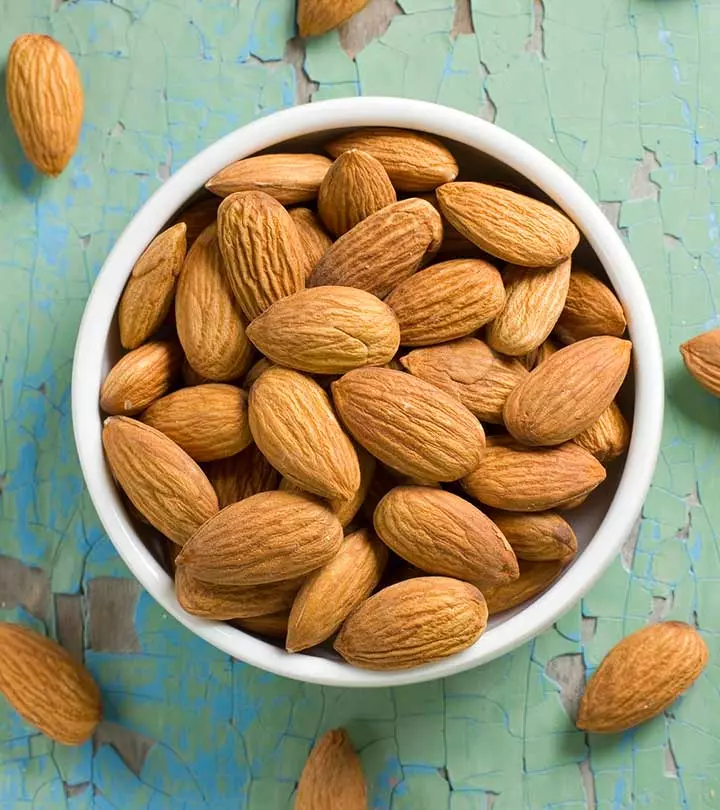

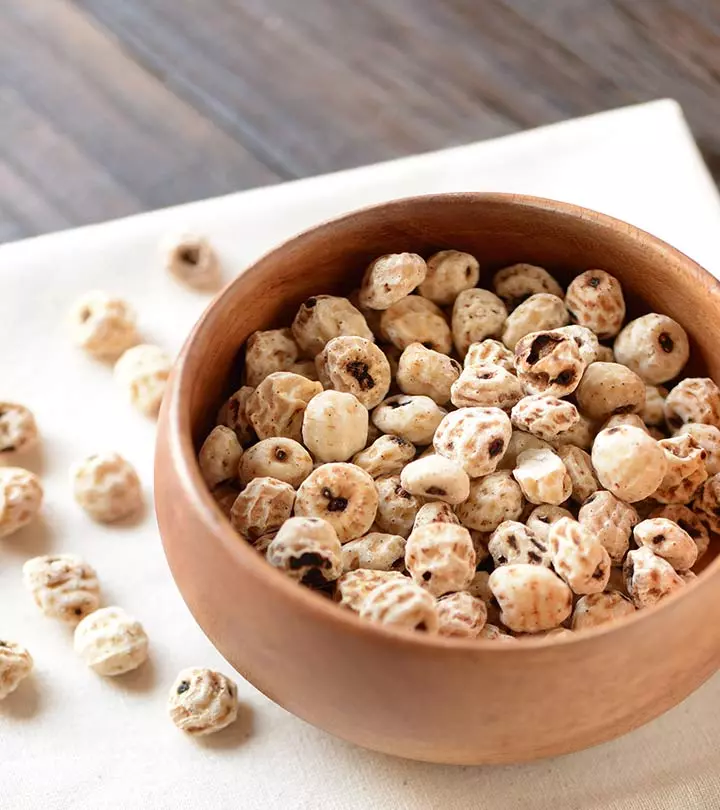
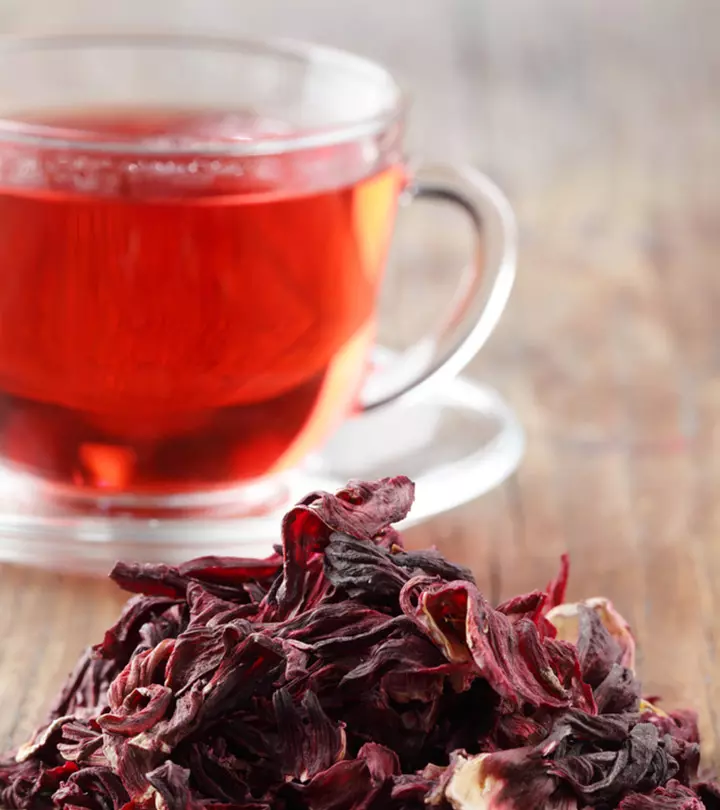

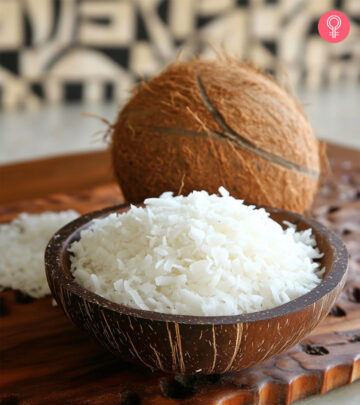
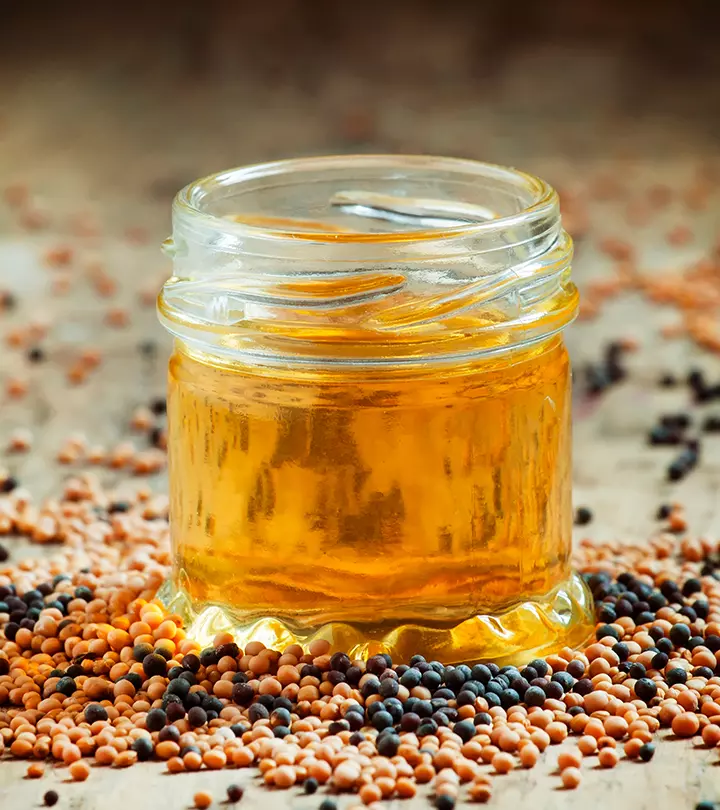
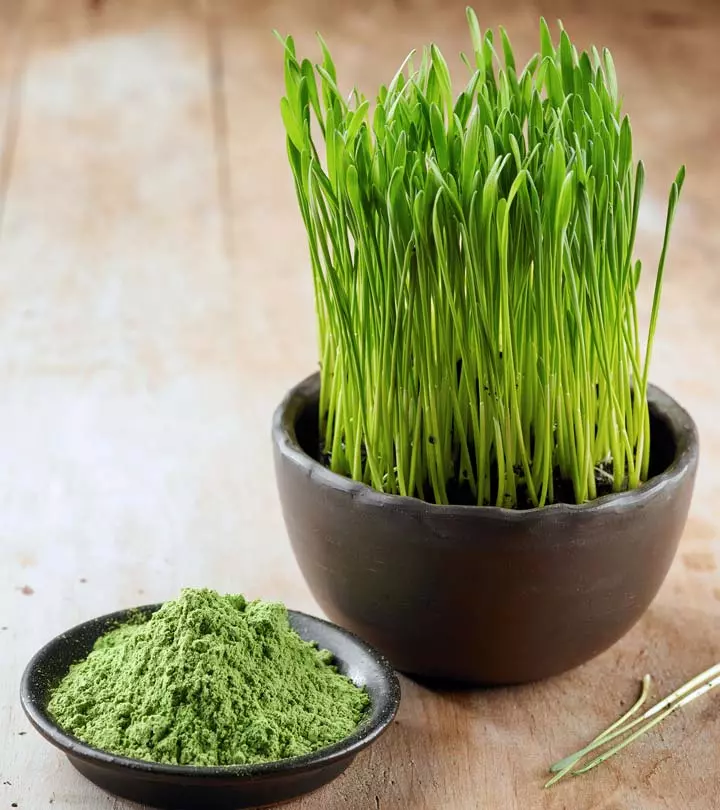



Community Experiences
Join the conversation and become a part of our empowering community! Share your stories, experiences, and insights to connect with other beauty, lifestyle, and health enthusiasts.